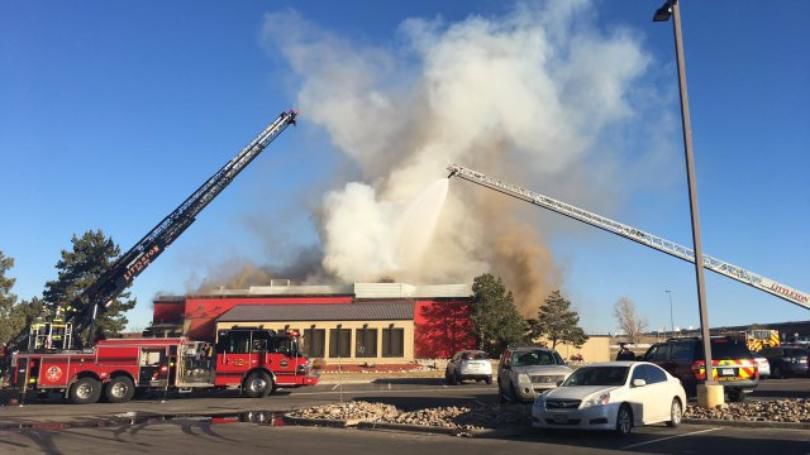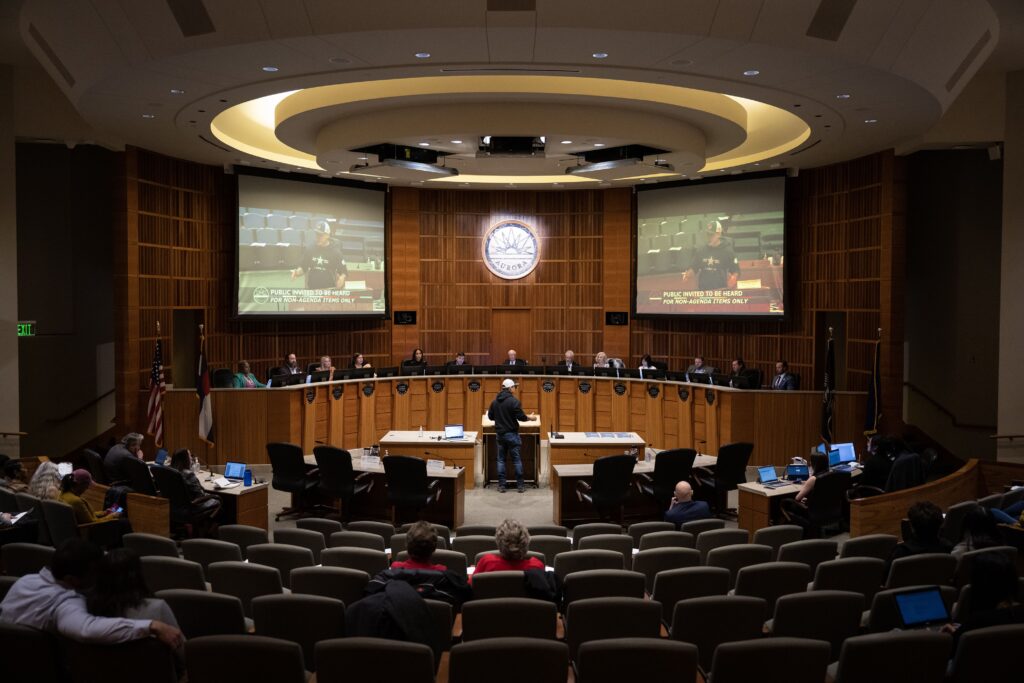Department of Defense information chief to Colorado Springs crowd: Expect more IT outsourcing

Expect the Department of Defense to contract out much more of its information technology operations, the general in charge of department’s IT operations said Tuesday in Colorado Springs.
When the Pentagon reviews any of its IT programs, the agency will be looking at whether “there is a commercial offering that is the best value; what makes sense from a value standpoint for every single program,” Lt. Gen. Robert Skinner, director of the Defense Information Systems Agency said during a keynote address delivered virtually during the Rocky Mountain Cyberspace Symposium at The Broadmoor.
Space Force generals focused on defending satellites from hackers
Skinner wants his agency to be able to get new technology up and running more quickly and be more user friendly than the multiple systems the Pentagon uses for everything from cybersecurity to logging onto department systems. That means means automating many mundane and repetitive IT tasks so they can happen in a matter of hours, or less, instead of weeks, he said.
The agency took a step toward Skinner’s goal last month, when it awarded a $6.8 million contract to Booz Allen Hamilton to develop the first prototype for Thunderdome, an initiative to modernize the Pentagon’s cybersecurity efforts to streamline how users access the department’s system and make using cloud-based systems easier. The defense and information technology giant is expected to complete the prototype in six months.
Speaker: U.S. Space Command gearing up cyber operations
The Pentagon has been trying to move some systems into the cloud for years, first awarding the $10 billion Joint Enterprise Defense Infrastructure (JEDI) contract in 2019 to Microsoft. Amazon Web Services protested the award, which was canceled last year and put back out to bid in November with invitations to Amazon, Google, Microsoft and Oracle with at least two awards expected but any of the bidders could get part of the deal.
In one example, Skinner said the Pentagon could save up to 80% by switching from a type of switch that allows multiple signals over one line to an internet-based system that can combine voice, data and video all on the same network. A significant part of the department’s data and telecommunications happens over outdated systems because of the software and hardware the Pentagon uses, he said.
AI could think for itself by 2050, cybersecurity expert predicts at Colorado Springs seminar
He called the process of logging onto Pentagon systems “soul-crushing” because cybersecurity protections slow the process, making it take “too long for our systems to be operable and ready to go” when users log in. Skinner wants that system automated to reduce the cost and make it faster and more friendly to the growing number of mobile devices military personnel are using.
“It’s all about mobile capability. We are constantly looking at what government capabilities are needed – some are, but many are not. What is needed is to enable a more mobile force,” Skinner said. “We were not ready two years ago when COVID hit but are in much better place now. But it still takes week to provision something (a new device) and that is too long.”
Command and control systems – allowing commanders and their subordinates as well as civilian leaders to communicate during a battle or crisis – must be the top priority for his agency, Skinner said. But the Pentagon also must make data “the center of gravity – the foundation of everything else” the military does, by developing better ways of “finding the needle in the haystack” of massive amounts of data it collects.
The four-day conference focusing on cybersecurity concludes Thursday.
DriveLock, a German cybersecurity provider that specializes in protecting manufacturing systems, has opened a virtual office at the Catalyst Campus for Technology & Innovation and hopes to open an in-person office as soon as space is available.
Anton Kreuzer, the company’s CEO, said the office will be operated by Colorado Springs-based CSD Cyber, DriveLock’s distributor in North America and South America, and will focus on government and military customers. He said the company selected Colorado Springs for the office to take advantage of a large pool of potential employees trained in cybersecurity.
CSG is among nearly 140 exhibitors at the Rocky Mountain Cyberspace Symposium, a four-day conference at The Broadmoor focusing on cybersecurity.














